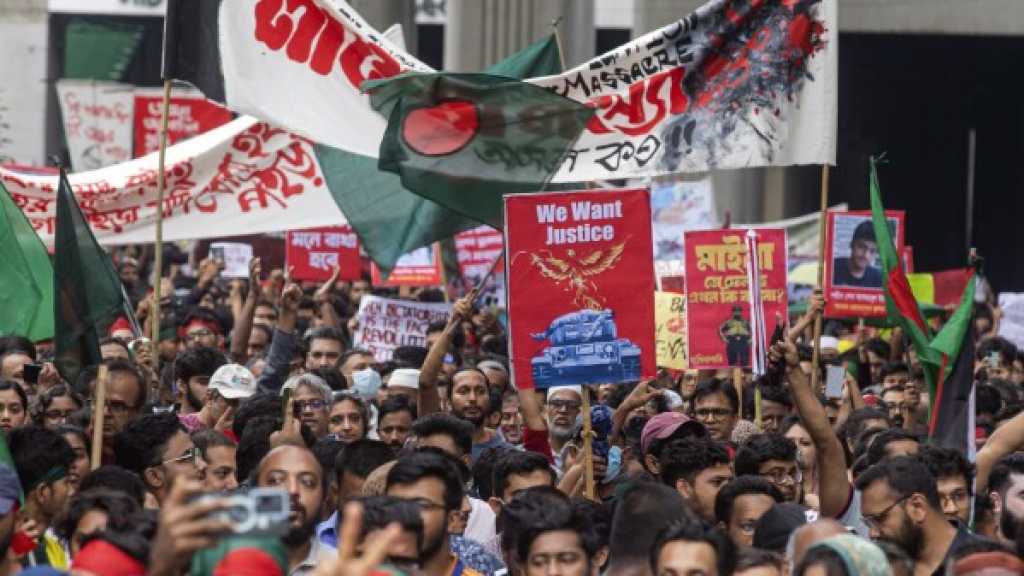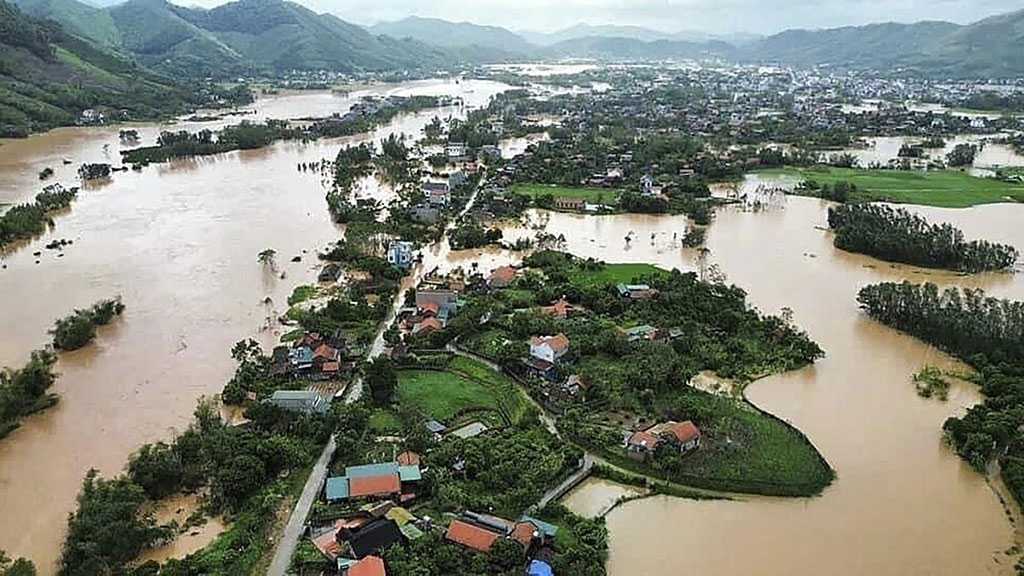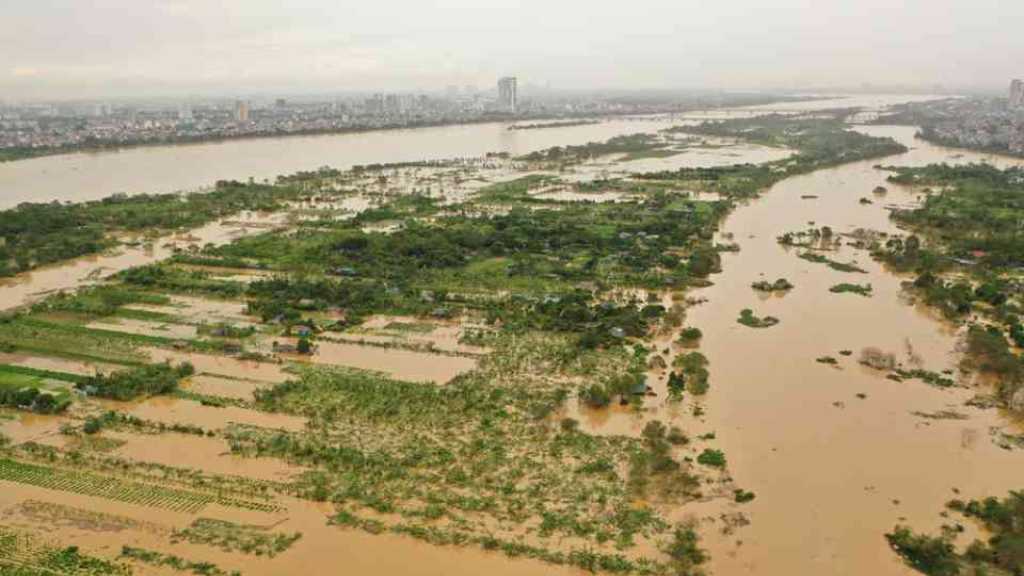Bangladesh Student Protesters to Meet with Army Chief after PM Resigns

By Staff, Agencies
The coordinators of Bangladesh’s student protest movement were scheduled to meet with the army chief, Gen Waker-Uz-Zaman, after the military announced it would form an interim government following the resignation of Sheikh Hasina as prime minister.
On Monday, Hasina resigned and fled Bangladesh after hundreds of people were killed in a crackdown on demonstrations that began as student protests against preferential job quotas and swelled into a movement demanding her downfall. Celebrations erupted on Monday after Hasina resigned.
Zaman plans to meet the protest organizers at noon local time on Tuesday, the army said in a statement, a day after Zaman announced Hasina’s resignation in a televised address and said an interim government would be formed.
Zaman said he had held talks with leaders of major political parties – excluding Hasina’s long-ruling Awami League – to discuss the way ahead and was due to hold talks with the president, Mohammed Shahabuddin.
An interim government will hold elections as soon as possible after consulting all parties and stakeholders, Shahabuddin said in a televised address late on Monday.
He also said that it was “unanimously decided” to immediately release the opposition Bangladesh Nationalist Party (BNP) chairperson and Hasina’s nemesis, Begum Khaleda Zia, who was convicted in a graft case in 2018 but moved to a hospital a year later as her health deteriorated. She has denied the charges against her.
A BNP spokesperson said on Monday that Zia, 78, “will clear all charges legally and come out soon”.
Early on Tuesday, the US commended the Bangladesh army’s conduct. “The United States has long called for respecting democratic rights in Bangladesh, and we urge that the interim government formation be democratic and inclusive. We commend the army for the restraint they have showed today,” a White House spokesperson said.
Hasina won a fourth straight term in January in an election boycotted by the opposition.
The latest student-led protests began over a quota system they said disproportionately allocated government jobs to the descendants of freedom fighters from the 1971 independence war.
The recent protests and crackdown led to some of the worst violence since Bangladesh was founded more than five decades ago. During a briefing at army headquarters, Zaman promised an investigation into the deaths.
The coordinators of the student protests on Tuesday called for the formation of a new interim government with Nobel peace laureate Mohammad Yunus as its chief adviser, according to a video released by on Facebook.
Comments
- Related News




